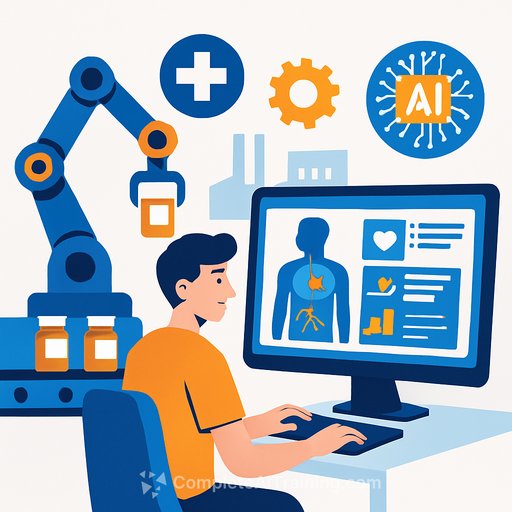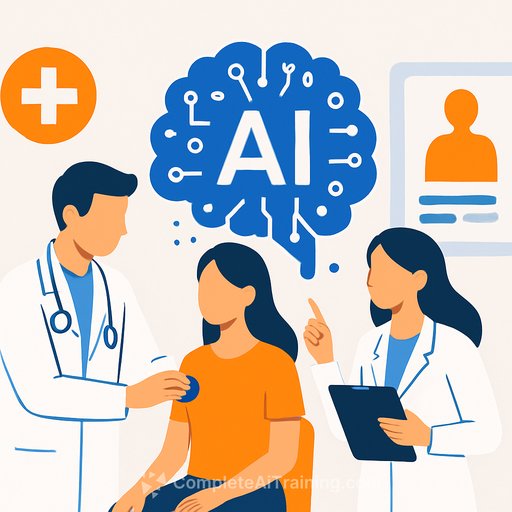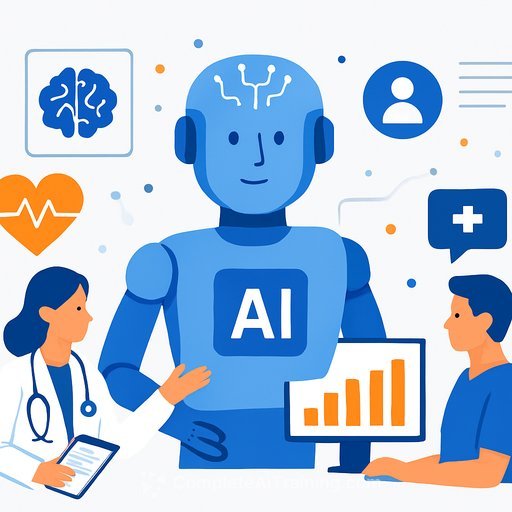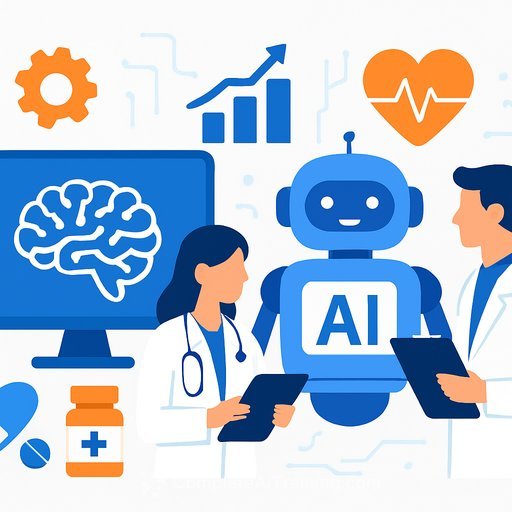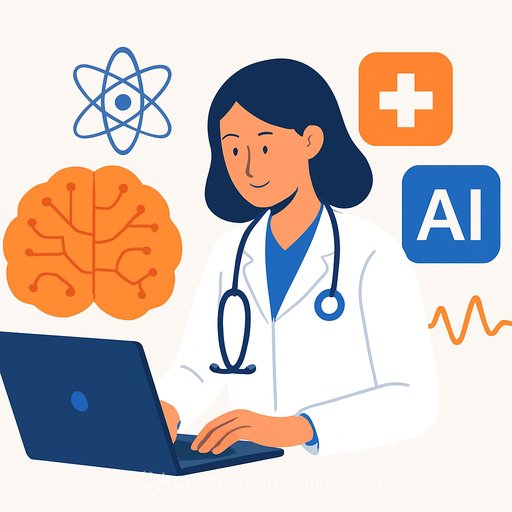Manufacturing, AI, and Gen Z: Shaping the Future Healthcare Workforce
Nearly 90% of manufacturing leaders agree that smart factory initiatives are essential for staying competitive. The integration of automation, real-time data analytics, and AI-driven decision-making is no longer optional—it's a necessity. Yet, while the importance is clear, many companies are not fully prepared to implement these technologies effectively.
Healthcare manufacturing faces unique challenges. Automation in medical labs, for example, is met with hesitancy, with over half of lab professionals viewing it as a threat to their jobs. At the same time, younger workers entering the field prioritize digital fluency and expect workplaces to support these skills. This shift presents both a challenge and an opportunity for healthcare manufacturers.
What Defines the New Health Tech Workforce?
The future healthcare workforce demands a blend of multidisciplinary expertise. Employees need to understand clinical effectiveness, cost efficiency, and patient satisfaction. This means combining knowledge of the clinical environment with skills in AI, data science, and user experience design.
Digital native skills are increasingly crucial. The emerging workforce is comfortable with real-time data analytics, machine learning, and generative AI. Working in virtual environments—such as system simulation, modeling, and model-based engineering—is becoming standard practice. Physical prototyping is giving way to virtual development, speeding innovation and reducing costs.
Adaptability and lifelong learning remain vital. Rapid technology changes require workers who can continuously update their skills and adjust to new tools and processes.
Key Automation and AI Advances in the Next Five Years
Generative AI and machine learning will continue to be central in developing solutions that improve patient care and operational efficiency. One promising technology is digital twinning, which creates virtual models of robots or systems to improve automation with features like collision-free navigation. These advances borrow from mature industries like autonomous vehicles and apply them to healthcare.
Combining multiple types of clinical data through AI will unlock new insights. For example, automatic reflex testing in labs allows targeted testing based on patient risk profiles, improving care precision and reducing unnecessary procedures.
Measuring Success: Efficiency Meets Workforce Engagement
Success in healthcare technology goes beyond efficiency—it’s about delivering value-based care. Providing the right healthcare to the right patients reduces costs and eases the healthcare burden on younger generations. When workers see their efforts directly improving patient outcomes and streamlining healthcare, it motivates and energizes them.
Attracting Gen Z to Healthcare Manufacturing
- Mission-driven work: Younger workers want to contribute to meaningful causes, including sustainability and climate action.
- Clear impact: Showing how daily tasks affect patient outcomes and healthcare innovation helps create a sense of purpose.
- Flexibility: Offering adaptable workspaces, virtual work options, and control over work-life balance appeals strongly to Gen Z.
AI and Job Security Concerns
While there is some worry about AI replacing jobs, human versatility remains unmatched. Machines can’t easily switch between diverse tasks like humans can. Instead, workers who develop skills in generative AI and related technologies will have an advantage. The shift is less about AI taking jobs and more about workers using AI to enhance their roles.
Challenges for Clinical Labs Implementing AI and Automation
Some common obstacles include fears of job displacement and skepticism about AI’s true capabilities. Automation is often seen as a way to do more with fewer people, but its role is to assist, not replace, the workforce. Building trust in AI systems is also critical. This requires transparent model explainability, unbiased data, and strong governance to maintain confidence among staff and patients.
Healthcare manufacturers and labs that embrace digital skills, prioritize a mission-driven culture, and invest in trustworthy AI will be better positioned to attract and retain the next generation of healthcare workers.
For healthcare professionals interested in building skills in AI and automation, exploring targeted training can be a smart move. Platforms like Complete AI Training offer courses designed to develop relevant digital expertise that aligns with industry needs.
Your membership also unlocks:

